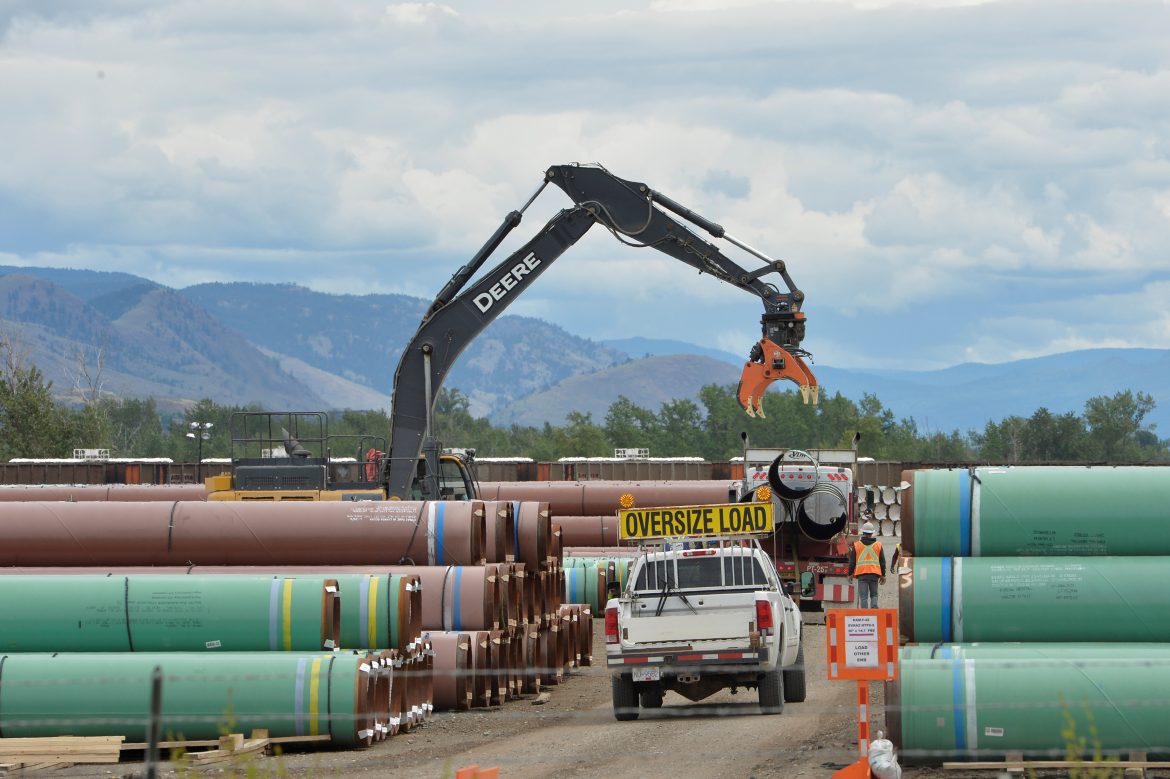Oil and gas producers have announced that they will drill 8% more wells in Canada next year as they look to take advantage of new shipping options, including a controversial government-owned pipeline.
Amid forecasts that Canada is not on target to reach its emissions reductions goals, on Friday the Canadian Association of Energy Contractors (CAOEC) predicted nearly 500 more wells next year, to 6,229 projects.
The latest news comes as Canada, which is the world’s fourth-largest oil producer, weighs a possible emissions cap on the country’s oil and gas sector. The country’s environment minister, Steven Guilbeault, has said that his government hopes to draft a proposal before the Cop28 climate conference, which begins in Dubai next week. The fossil fuel industry argues the proposed caps are too restrictive.
Canada is expected to miss its goal of cutting carbon emissions by at least 40% below 2005 levels by 2030, in part because of emissions from the oil and gas sector. This is despite its ambitious climate commitments. A recent audit found the only significant emissions reductions came during the 2008 financial crisis and the Covid-19 pandemic.
“Canada is the only G7 country that has not achieved any emissions reductions since 1990,” Jerry DeMarco, commissioner of the environment and sustainable development, told reporters earlier this month.
Read also: UN climate chief says world stands on frontline of disaster at Cop28
CAOEC said that one of the catalysts for the new drilling projects was the imminent opening of new pipelines, including the delayed Trans Mountain expansion project.
Recall that the federal government bought the embattled TransMountain project from Kinder Morgan in 2018 for C$4.5bn (US$3.3bn), with the prime minister arguing Canada needed to alleviate a crude-oil transportation bottleneck that costs Canadian oil producers billions annually in forgone export revenue.
He also pledged to use dividends from the pipeline to invest in green energy projects.
In the years since, however, the Canadian government has plowed more than C$35bn into the project, which has become an infrastructure boondoggle marred by cost overruns and delays.
“We know there is zero room to expand oil and gas extraction and meet climate targets,” said Conor Curtis of the Sierra Club Canada Foundation. “If the same effort that has been put into Trans Mountain were instead redirected to renewables, Canadians would be much better off.
Story was adapted from the Guardian.
